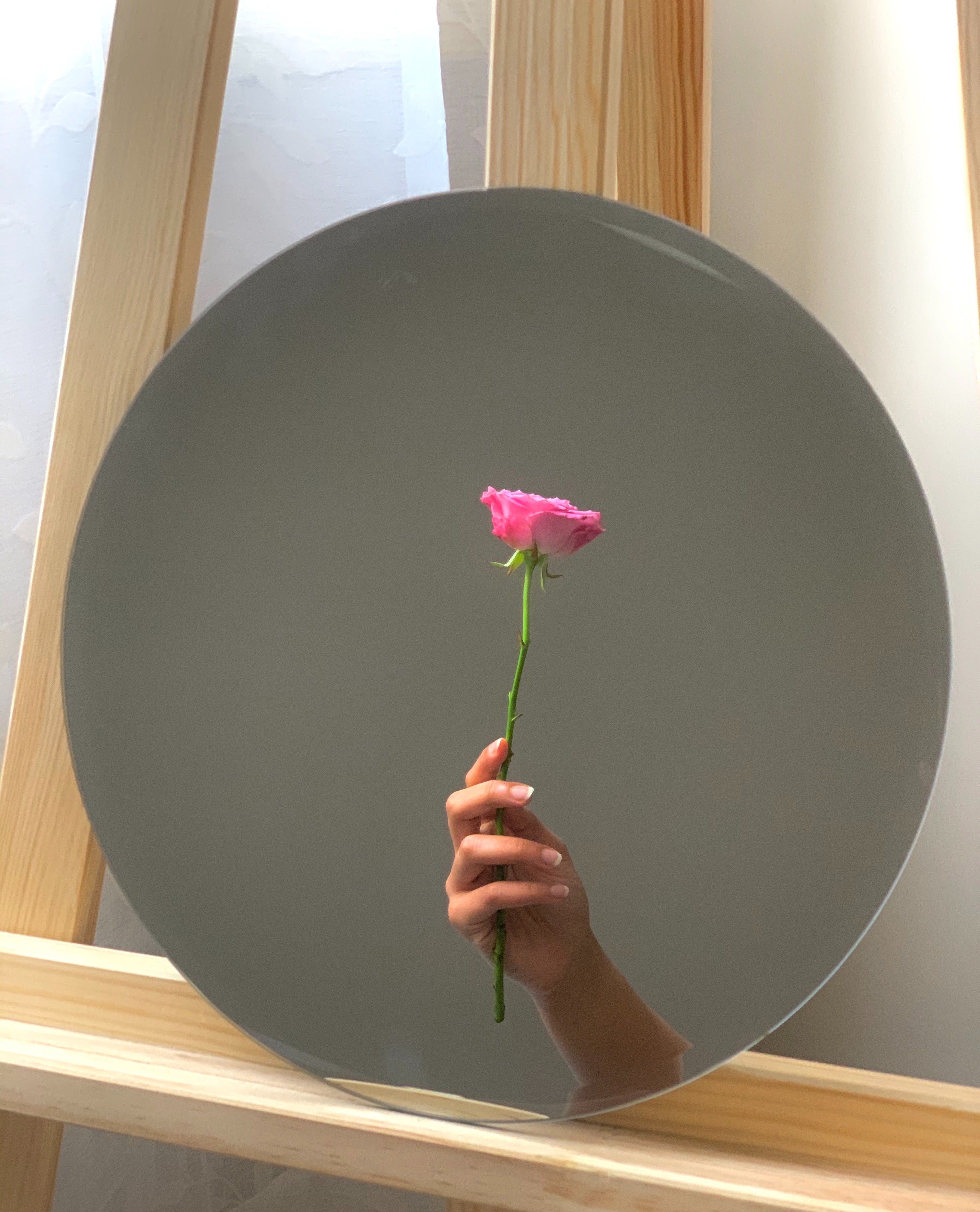
Jul 17 , 2023
The Psychology of Mirrors: Harnessing Their Reflective Power
Understanding the Psychology of Mirrors
Mirrors are not just functional objects that reflect our physical appearance; they possess a fascinating psychological dimension as well. Throughout history, mirrors have captivated human beings, evoking a sense of curiosity, intrigue, and self-reflection. This article delves into the psychology of mirrors, exploring their symbolic significance, their impact on our emotions and self-perception, and how we can harness their reflective power to enhance our well-being.
Mirrors as Symbols of Self-Reflection
Mirrors have long been considered symbols of self-reflection and introspection. They offer us a unique opportunity to confront ourselves, both physically and psychologically. When we stand before a mirror, we are confronted with our own image, enabling us to observe ourselves from an external perspective. This act of self-observation can have profound effects on our emotional state, self-esteem, and personal growth.
Emotional Impact of Mirrors
Mirrors possess the ability to evoke a range of emotions within us. On one hand, they can boost our self-confidence by reaffirming our physical appearance and grooming efforts. Conversely, they can also trigger feelings of self-doubt, anxiety, and dissatisfaction with our perceived flaws. The emotional impact mirrors have on individuals can vary greatly depending on their personal experiences, cultural background, and level of self-acceptance.
FAQ:
Q1: Can mirrors affect our self-esteem?
Mirrors can indeed influence our self-esteem. When we perceive ourselves positively in the mirror, it can boost our confidence and self-worth. However, if we constantly focus on our perceived flaws or compare ourselves to unrealistic standards, mirrors may contribute to lower self-esteem.
Q2: Is it healthy to avoid looking in the mirror?
Avoiding mirrors entirely may not be a healthy approach. While it's important not to obsessively fixate on our appearance, moderate and mindful use of mirrors can aid in self-reflection and self-care.
Mirrors and Self-Perception
Mirrors play a crucial role in shaping our self-perception. They serve as a visual feedback mechanism, allowing us to see ourselves as others do. By observing our reflection, we gain insights into our body language, facial expressions, and overall demeanor. This external perspective can help us become more aware of our nonverbal cues, improve our communication skills, and enhance our social interactions.
Mirror Neurons and Empathy
Mirror neurons are a fascinating neurological concept that suggests our brains have the capacity to mimic and empathize with the actions and emotions of others. When we observe someone in a mirror, our mirror neurons activate, enabling us to empathize with their emotional state. Mirrors, therefore, serve as a powerful tool for fostering empathy and understanding, as they provide us with a visual representation of others' experiences.
Harnessing the Reflective Power of Mirrors
Mirrors can be harnessed to positively influence our well-being and personal development. Here are a few practical ways to utilize the reflective power of mirrors:
Self-Affirmation and Positive Reinforcement
Mirrors can serve as a tool for self-affirmation and positive reinforcement. By looking into the mirror and focusing on our strengths, achievements, and positive qualities, we can boost our self-esteem and cultivate a positive self-image. Regularly practicing self-affirmations in front of a mirror can help rewire our subconscious mind and foster a more positive outlook on ourselves.
Visualization and Goal Setting
Mirrors can aid in the visualization process, which is an effective technique for goal setting and personal growth. By visualizing ourselves achieving our goals in the mirror, we enhance our motivation, focus, and determination. Seeing ourselves succeed in the mirror can inspire us to take the necessary steps to turn our visions into reality.
Mirror Meditation and Self-Reflection
Mirror meditation is a powerful practice that involves gazing into one's own eyes in the mirror, allowing for deep self-reflection. This practice promotes self-compassion, self-awareness, and a deeper understanding of oneself. Mirror meditation can be a transformative experience, helping us develop a stronger connection with our inner selves and promoting emotional well-being.
Conclusion
Mirrors possess a profound psychological influence, impacting our emotions, self-perception, and personal growth. By understanding the psychology of mirrors and harnessing their reflective power, we can utilize them as valuable tools for self-reflection, self-affirmation, empathy, and personal development. By embracing the mirror's reflection, we can embark on a journey of self-discovery and inner transformation.
FAQ:
Q1: Can mirrors really help with personal development?
Yes, mirrors can aid in personal development. They offer a visual feedback mechanism, allowing us to observe ourselves and gain insights into our nonverbal cues and body language. Additionally, practices such as self-affirmation, visualization, and mirror meditation can be powerful tools for personal growth.
Q2: How can mirrors foster empathy?
Mirrors activate mirror neurons in our brains, enabling us to empathize with others' emotions and experiences. By observing someone in a mirror, we can better understand their perspective and cultivate empathy towards them.
Q3: Are there any potential negative effects of mirror usage?
While mirrors can have positive effects, excessive or obsessive use of mirrors can contribute to body image issues, self-criticism, and self-esteem problems. It's important to maintain a balanced and mindful approach when using mirrors.
